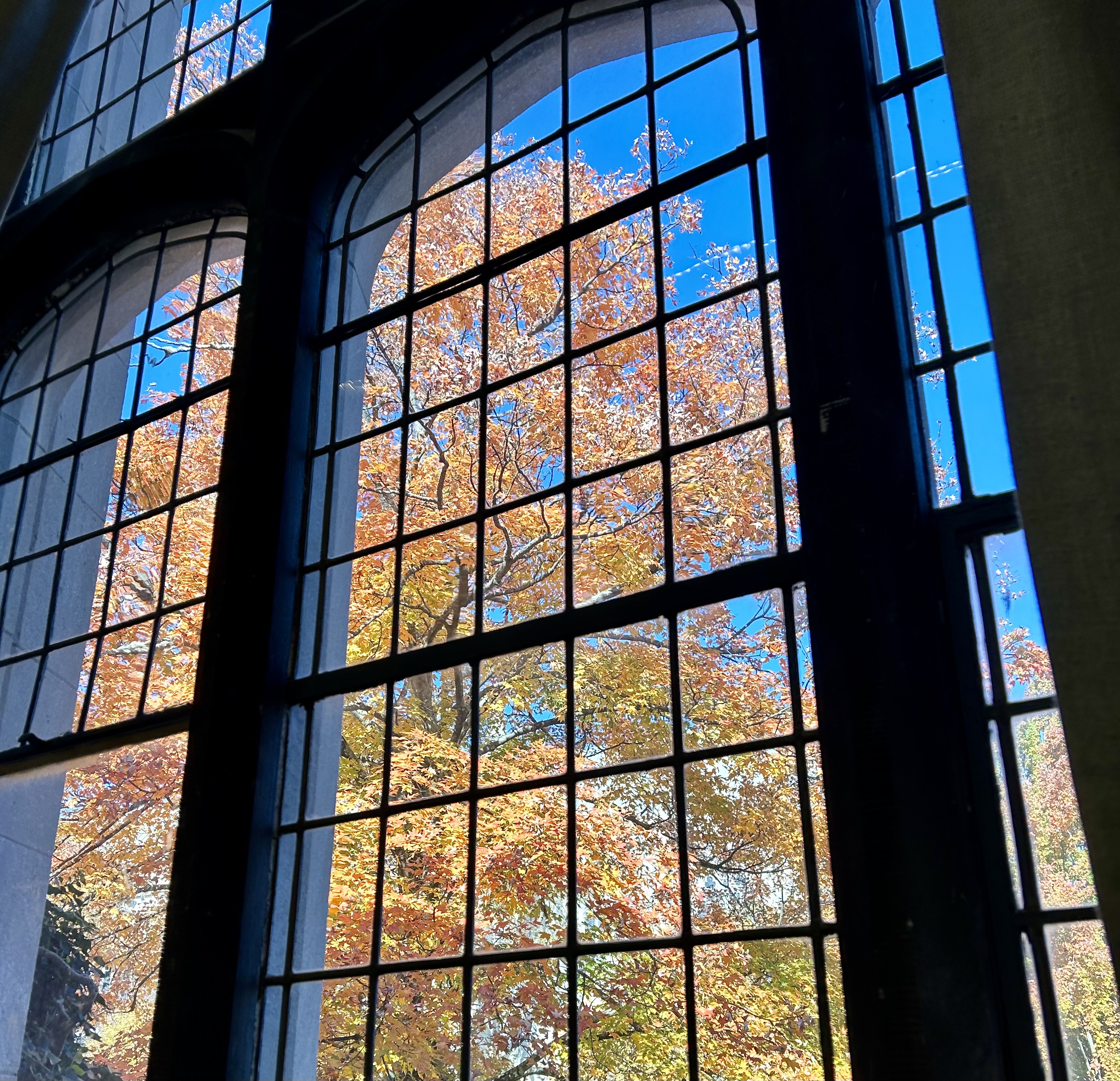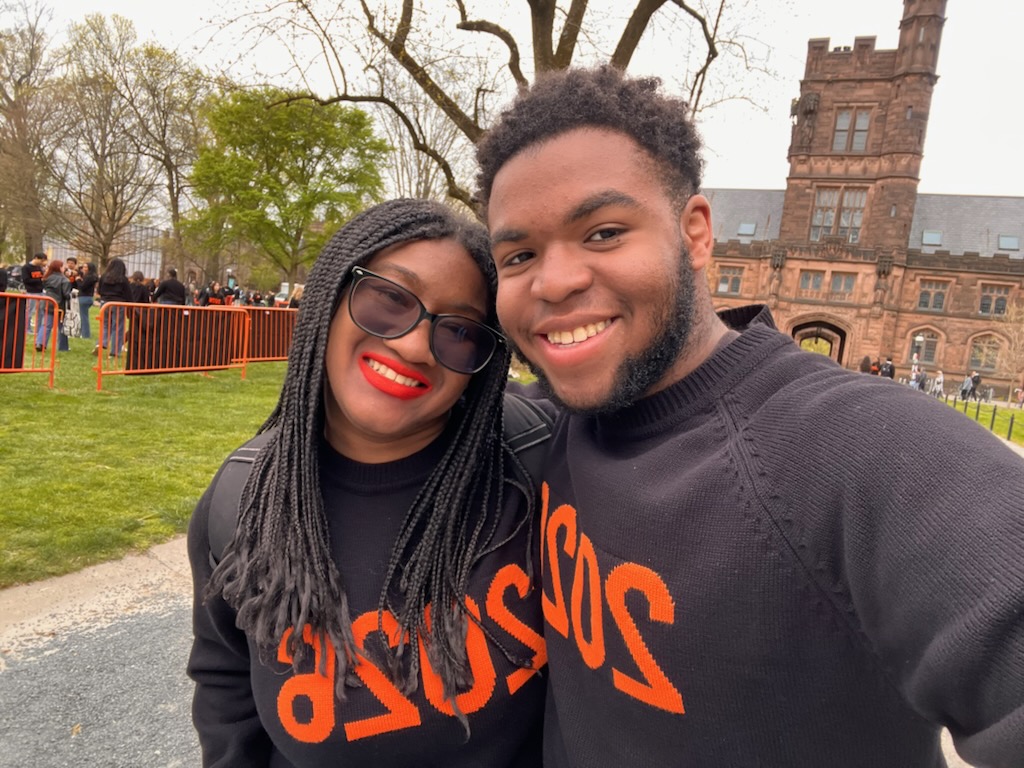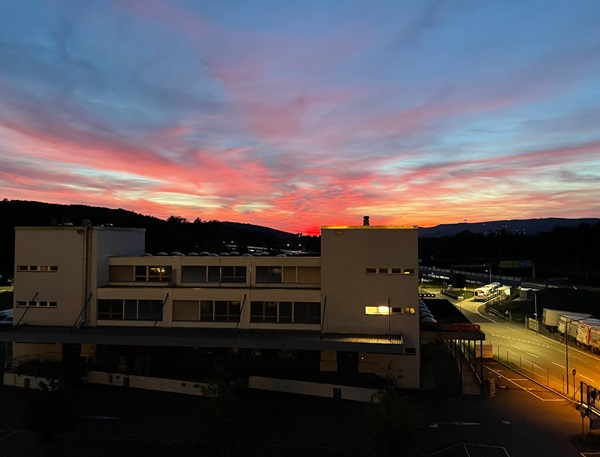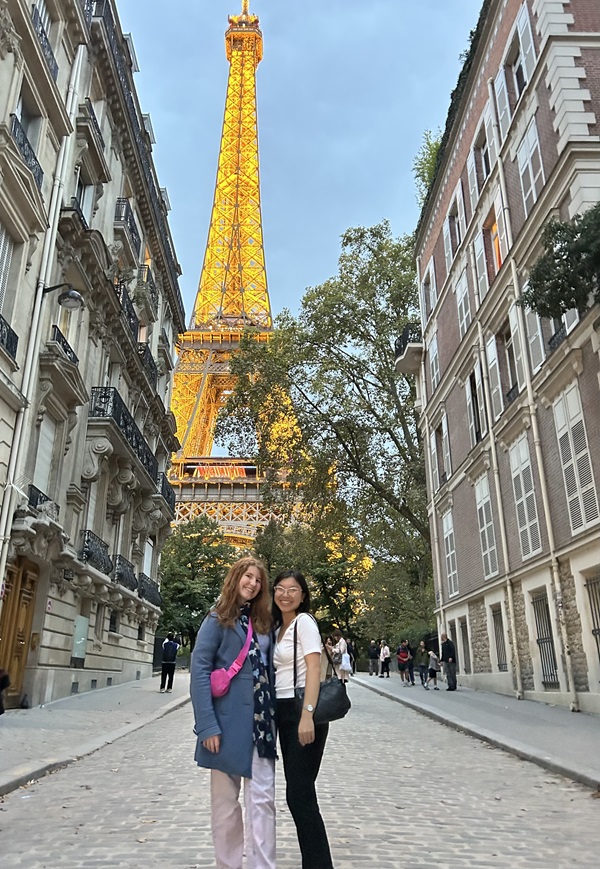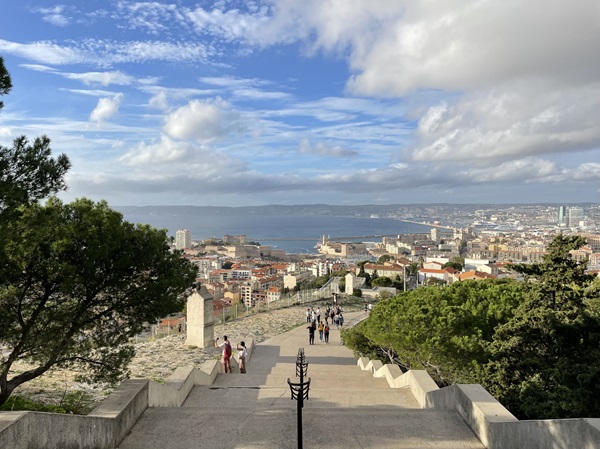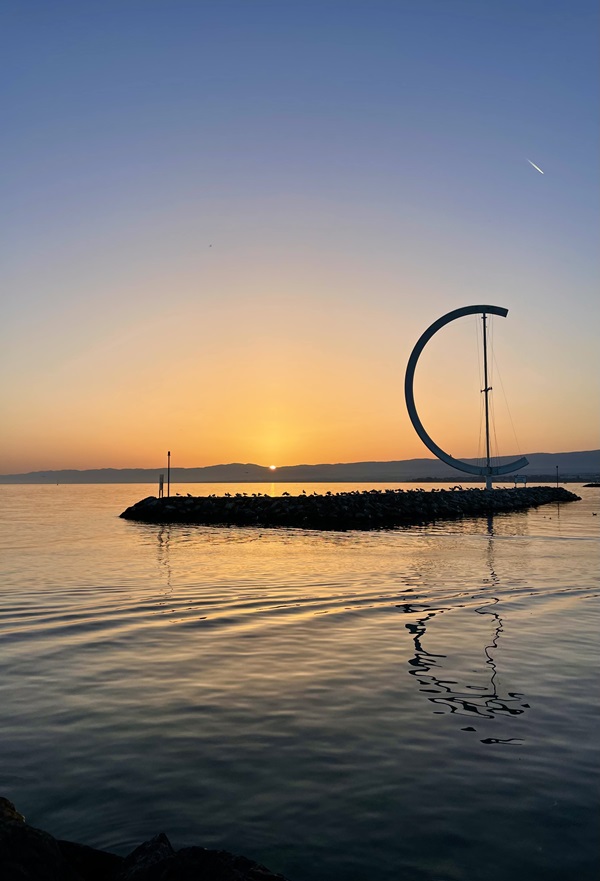The end of my sophomore year was a whirlwind — of work, packing, and emotions. Now that I’m home, decompressing from this academic semester, I have a better chance to reflect on my final months as a sophomore, and I find myself filled with gratitude and nostalgia.
In my last couple of weeks on campus, the sun finally made an appearance. This came after what seemed like the longest winter, and the happy weather filled me with some much-needed motivation. I found myself taking more walks with friends, hosting study picnics, and stopping to admire the nature around me every chance I got.
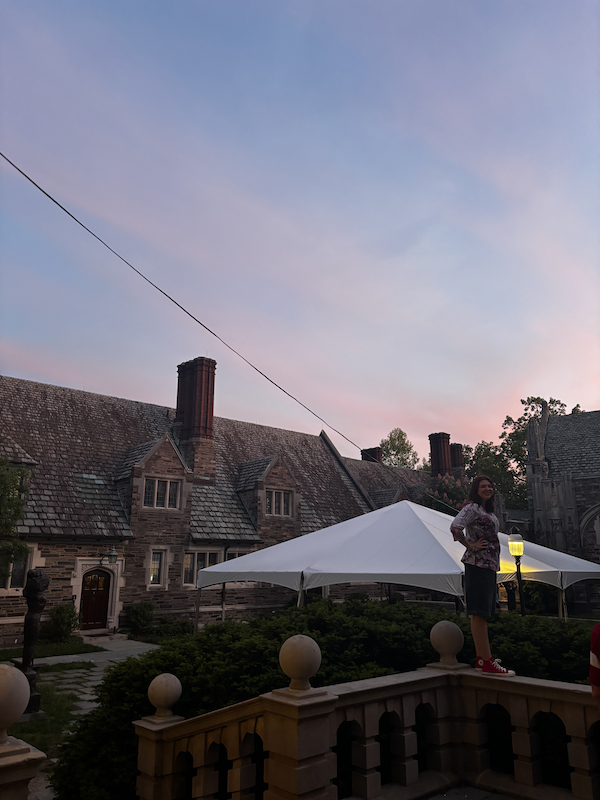
The sunshine was a welcome break from the seemingly endless rainstorms that marked April. In fact, the long-awaited event of Declaration Day was filled with mucky rain. During ‘Declaration Day’, a keynote event for sophomores to declare their chosen major, I declared Comparative Literature, excited to acclimate to my small but stimulating department, and enjoyed the day racing around the mud to take pictures with friends.
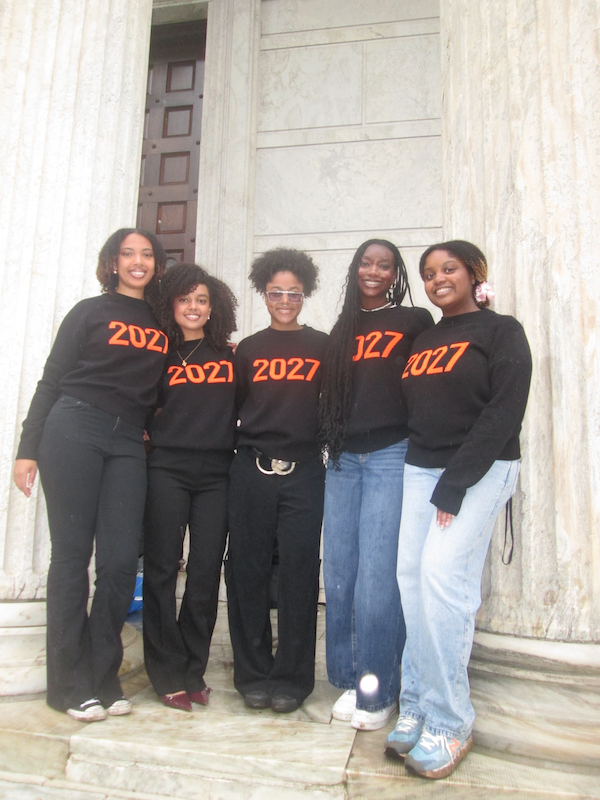
After that, the semester seemed to zoom by like a roller coaster: there was the last week of classes, Lawnparties, Reading Period, Finals, and, finally, move-out. During this Reading Period, I toggled between extensive studying and vast socializing periods. This period of the spring semester, specifically, is always bittersweet. You start to recognize that the people you see daily will be scattered worldwide for many months during the summer holiday. Although I had a lot of work to do, I devoted as much time as possible to being with friends. Whether it was day trips to New York, midday picnics, or study breaks to grab a sweet treat, this was the most fun-filled Reading Period of my Princeton experience. And it made the stress of finals a little more bearable.
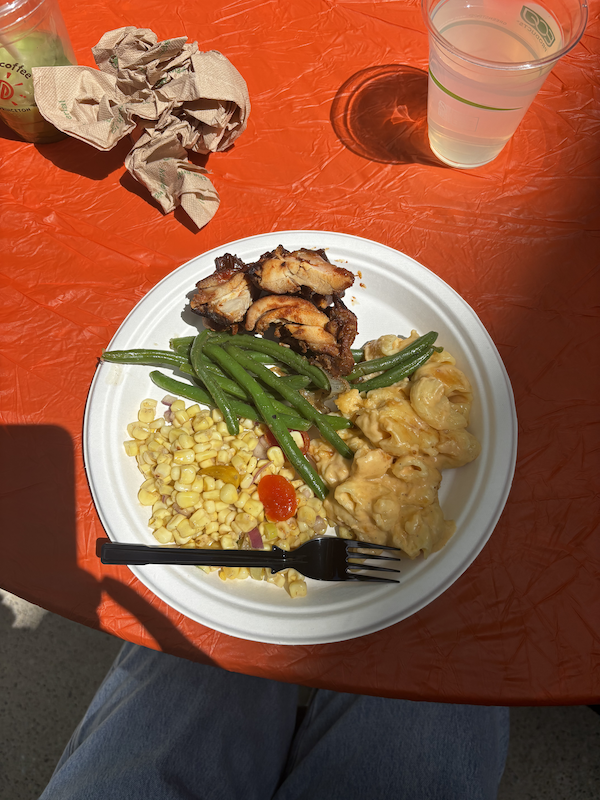
My last day on campus was filled with packing. I had 24 hours to pack my sweet dorm into boxes and garbage bags. I think this was the most wistful part of all. I adored my sophomore dorm and found myself waxing nostalgic for all the memories that would live there: late-night hangouts with friends, floor picnics, study sessions. My dorm served me well, and I was sad to leave it.
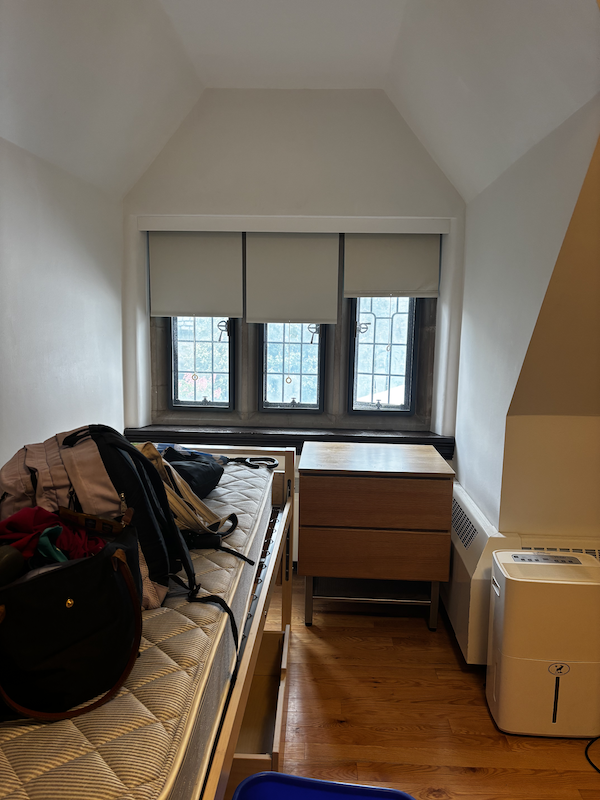
More than anything, putting a bow on my sophomore year was more difficult than I thought it would be. This was the year that I finally felt like a true Princeton student. I found my community—socially and academically. I realized my passions; I pursued them.
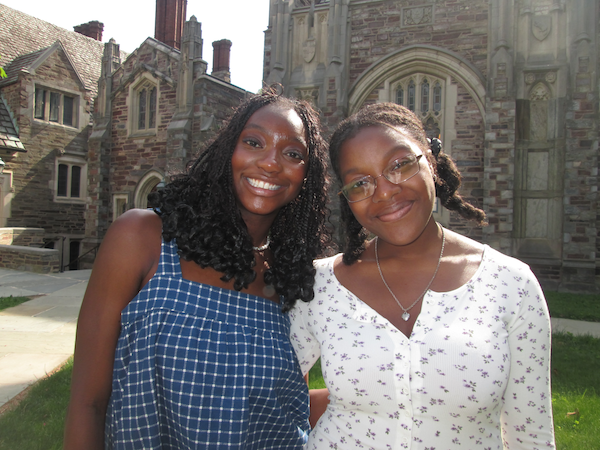
A bittersweet fact dawned on me in the middle of my drive home from the spring semester: I was halfway through my Princeton experience. And just as fast as the last two years rippled by, the next two surely would as well. With this realization, I’m doing my best not to take anything for granted and to cherish every opportunity to spend time with friends and learn in this community. It goes by fast, but I’m excited for the beauty the next two years will bring.








